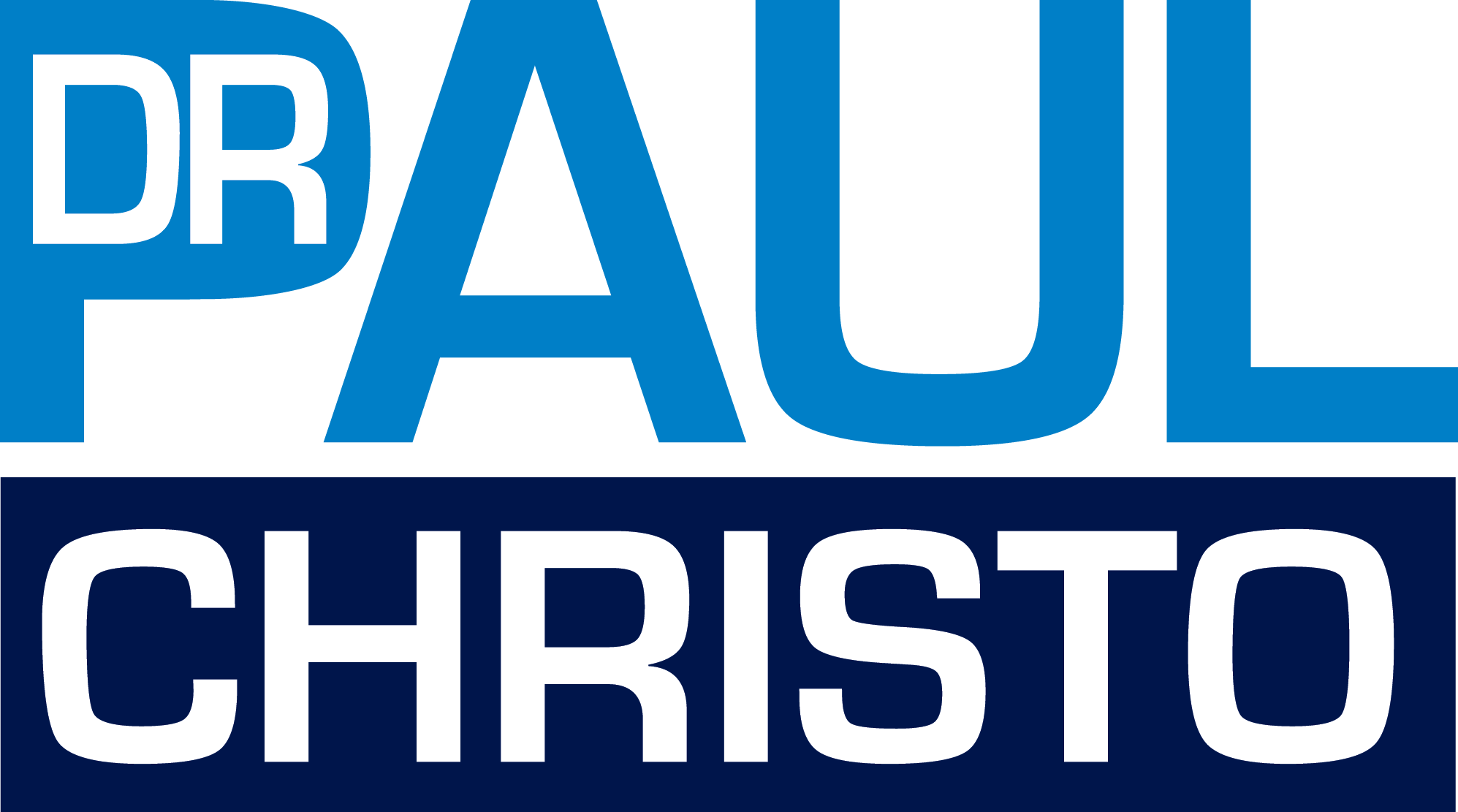
This week is Red Ribbon Week until October 31st. Run by National Family Partnership (NFP), Red Ribbon Week brings drug awareness to the nation. Since 1985, Red Ribbon serves as a catalyst to mobilize communities to educate youth and encourage participation in drug prevention activities. The Red Ribbon campaign brings hope to families that are struggling with addiction every year.
Almost every one of us knows someone that has struggled or who is currently struggling with alcohol or drug addiction. The signs to look for and how to get help are the most relevant if you or a loved one has the disease of addiction. Here are some hidden signs of drug abuse:
Changing over time
You may notice that over time, your friend or family member may be slowly changing their appearance. Sloppy clothes, lack of hygiene, or just an overall unappealing appearance can be a sign that someone is abusing a substance. Substances change people, and not just their physical appearance. Over time, drugs and alcohol can also affect skin and weight.
Control
Most people can control their alcohol use. That is, they can limit their intake to 1 or 2 drinks for the night and that’s it. They reach their limit and are perfectly content. However, those with addiction struggle with a loss of control. Despite promises of not drinking or trying to cut down on the number of drinks or drugs, the result is getting drunk or “high.”
Debbie Downer
If you develop the disease of addiction to drugs or alcohol, avoiding friends and family often occurs. Many factors can contribute to this avoidance like depression or the feeling of guilt – you don’t want your family to see you this way or talk about your alcohol/drug use. People who struggle with addiction spend less time doing the things that they love. For those in school, attendance drops and their performance deteriorates. If you know someone who has an addiction, you may want to suggest they check out somewhere like www.alcoholismtreatment.com to get some professional help and advice.
Addiction leads to relationship problems. Having other aspects of your life fall to pieces interrupts the family dynamic, and the addict may resent the help that family members offer. Addicts are known to act out against those who love and care for them the most – especially if their addiction is discussed by family, co-workers, classmates, etc.
Risky business
As addiction deepens, many will go into harm’s way to obtain their drug of choice. They will compulsively seek and take a drug regardless of the consequences.
Others may hide drugs or alcohol. For instance, many will conceal their drug or alcohol use by waiting for everybody to leave the house, or use alone in the car, or close their office door. They also may sustain unexplained injuries or accidents.
Here are some better known indicators of drug abuse that deserve attention:
Family history
If there is a family history of addiction, every person in that family is predisposed to having a substance abuse problem. It can manifest differently in each case, though.
Tolerance
Have you noticed that your friend or family member is now able to drink so much more than they could drink in the past? This could be a sign that they are drinking more often, and in higher quantities. The body becomes tolerant and requires more of the drug to feel drunk or “high.”
Withdrawal
If the person stops using a drug or alcohol or uses less of the substance, significant symptoms develop like: anxiety, shakes, sweating, nausea, vomiting, depression, insomnia, irritability, fatigue, headaches, etc.
They just can’t stop
A person may seem to hit rock bottom with their relationships, school, job, or health, but they still drink or use drugs. Even though the substance has led to huge disruptions in their life, they continue to use. This is a major sign that help is needed.
While you may not be struggling with addiction, these symptoms do not just apply to alcohol and recreational drugs. Opioid abuse manifests in similar ways. While most chronic pain patients don’t abuse their opioid medications, some can develop opioid addiction. Recognizing the patterns of abuse can help save a life. Watch out for yourself and others. Opioids can be effective for a specific group of people with chronic pain, and they can be dangerous if taken non-medically or taken by friends or family members.
Remember, no one is immune to pain, but together we can overcome it.
To learn more about pain and addiction, listen to my radio show episode “Pain and Addiction” featuring Christopher Kennedy Lawford, author of two New York Times bestselling books on addiction here.
I also spoke to professional basketball player Chris Herren about his struggle with drug abuse, which you can listen to here.
